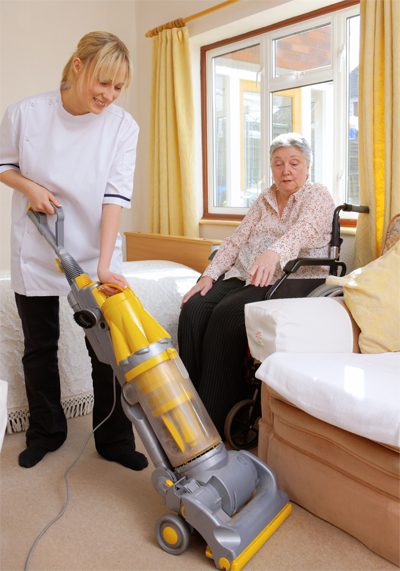Maintaining clean and safe environments is especially important in aged care facilities where infection control, comfort, and safety are paramount. Cleaning in these settings is more than a standard chore; it requires a dedicated approach and specific practices to address the unique needs of elderly residents and ensure regulatory compliance.
Key Considerations in Aged Care Cleaning
- Infection Control
- With older residents more vulnerable to infections, facilities must employ cleaning techniques and products that thoroughly disinfect surfaces. Regular sanitation of high-touch areas, like door handles, dining tables, and bathrooms, helps prevent cross-contamination.
- The use of products that kill bacteria and viruses, particularly those commonly found in communal settings, is essential. Staff should receive training on correct dilution rates and application methods for disinfectants.
- Safe and Gentle Products
- Harsh chemicals can be irritating, especially for residents with respiratory conditions or sensitive skin. Choosing hypoallergenic, non-toxic products helps reduce exposure to harmful substances.
- Additionally, non-slip treatments on floors improve safety, significantly reducing the risk of slips and falls—common concerns in aged care settings.
- Specialised Cleaning Protocols
- Cleaning in aged care involves more than routine tasks. It often includes deep-cleaning protocols in critical areas, particularly after any incidents of illness among residents.
- Consistent schedules and thorough cleaning records ensure accountability and traceability, which are essential for quality control and compliance with health regulations.
- Comfort-Oriented Atmosphere
- Elderly residents may be sensitive to strong odours, loud noises, or disruptions during certain times of day. Cleaning teams trained to work quietly and efficiently with low-odour products help maintain a peaceful environment.
- Creating a comforting atmosphere through clean, fresh spaces directly impacts residents’ wellbeing.
- Trained and Empathetic Staff
- Cleaning staff working in aged care settings benefit from specific training on how to interact with elderly residents. Understanding the emotional and physical aspects of aged care contributes to compassionate and attentive service.
- Training that includes infection prevention measures and understanding the emotional needs of elderly residents can also enhance the overall quality of care.
By focusing on infection control, safety, and resident comfort, aged care facilities can create an environment where residents feel respected and safe. These practices reflect an emphasis on quality, precision, and empathy, essential elements in aged care cleaning.
For specialised information on effective cleaning services in Brisbane, see Aged Care Cleaning Brisbane.

